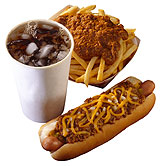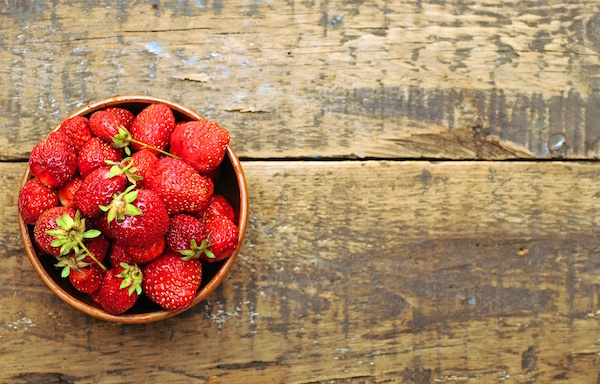
MONDAY, Dec. 10 (HealthDay News) — Children who eat a lot of salty food also tend to down more sugary drinks — which, in turn, might be related to their risk of obesity, a new study suggests.
The findings raise the possibility that curbing kids’ salt intake could end up benefiting their waistlines, researchers report in the Dec. 10 online and January print issue of Pediatrics.
The study, of nearly 4,300 Australian children and teens, found that the more salt kids ate each day, the more fluids they drank. The same was true when the researchers zeroed in on the nearly two-thirds of kids who drank sugary beverages: For every 390 milligrams (mg) of sodium they got each day, they averaged an extra 0.6 ounces of sugar-sweetened soda, juice or other drinks.
Those liquid calories, in turn, were linked — albeit weakly — to the risk of obesity.
Kids who had more than one sugary drink in a day were 26 percent more likely to be overweight or obese than their peers who avoided sweetened drinks. That connection, however, weakened once the researchers factored in exercise habits.
It’s not exactly surprising that kids with a taste for salty foods would also be fans of soda or other sugary drinks, according to Lona Sandon, an assistant professor of clinical nutrition at the University of Texas Southwestern Medical Center at Dallas.
But it’s not clear that extra sodium actually made kids drink more sweetened beverages, she pointed out.
“These data don’t tell us anything about cause and effect,” Sandon said. “We don’t know that if we got kids to lower their sodium intake, they’d drink fewer sugar-sweetened beverages.”
One of the researchers on the study agreed. But it also can’t hurt to limit your kids’ access to high-sodium snacks and sugary drinks, according to Carley Grimes, a Ph.D. candidate at Deakin University in Burwood, Australia.
“As a parent, the best choice is to encourage water as a beverage and limit availability to sugary drinks,” Grimes said.
As for salty foods, overindulgence can raise blood pressure, even in kids.
In general, experts recommend that adults and children get no more than 2,300 mg of sodium each day. Yet a recent government study of U.S. children and teens found that they averaged almost 3,400 mg of sodium per day.
Americans get most of their sodium not from their kitchen salt shakers, but from processed foods and restaurant meals. So, Sandon and Grimes said, it’s wise to cut down on those types of foods, and replace them with fruits, vegetables and other whole foods.
The study included nearly 4,300 participants aged 2 to 16 who were interviewed (or whose parents were interviewed) about their diets over the past 24 hours.
Overall, 62 percent had had at least one sugar-sweetened drink. Those kids averaged over 2,500 mg of sodium a day, and just over 5 percent were obese; of their peers who steered clear of sugary drinks, just over 3 percent were obese, and the average sodium intake was a little less than 2,300 mg.
When the researchers looked at obesity risk, they found that kids who had at least one sugar-sweetened drink per day were 26 percent more likely to be overweight or obese. That was with factors like family income and overall calorie intake taken into account.
But then the researchers looked at a subgroup of kids who’d reported on their exercise habits. And once exercise was factored in, the obesity/sugary drink link was no longer statistically significant — which means it could have been a chance finding.
Still, the researchers noted, the findings suggest that keeping kids’ sodium intake down could end up having some impact on their weight.
Sandon was skeptical. “It’s a bit of stretch to say that,” she said. Kids who like their salty snacks may be reaching for those sweet drinks because they like the taste of sweet drinks, Sandon explained — and not because the sodium is making them do it.
“Really, the bottom line is that we need to make healthier diet choices overall,” Sandon said.
Kristi King, a spokesperson for the Academy of Nutrition and Dietetics, agreed that overall diet and lifestyle are what matter.
“We can’t necessarily say childhood obesity is salt’s fault — or sugar-sweetened beverages’ fault,” said King, senior dietician at Texas Children’s Hospital in Houston.
But, she added, the study is a “great wake-up call” for parents to take a look at their children’s, and their own, eating habits.
“Children learn by example, so if high-sodium foods and sugar-sweetened beverages are readily available in the house and consumed by the parents on a regular basis, [kids] are going to be more likely to consume those as well,” King said.
More information
Learn ways to cut down on sodium from the U.S. National Heart, Lung, and Blood Institute.

